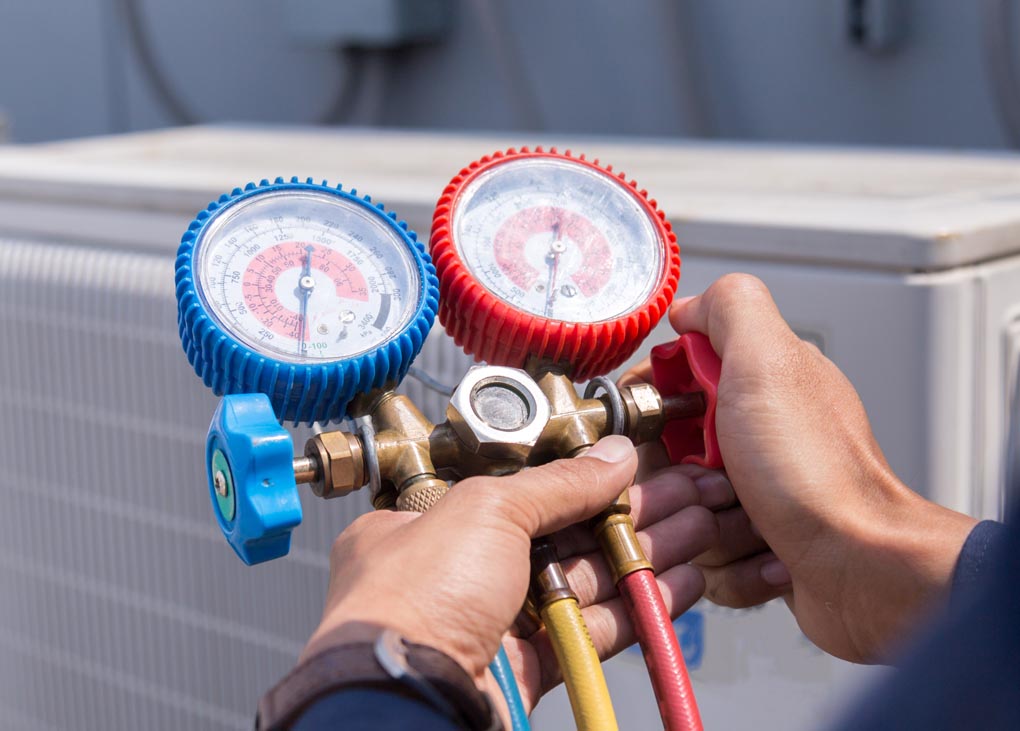The Australian and New Zealand Refrigerant Handling Codes of Practice are being updated, and the revised versions are now open for public comment.
The aim of the Refrigerant Handling Codes of Practice is to minimise the emission of fluorocarbon refrigerants to the atmosphere. They cover the entire system life-cycle: design, manufacture, shipping, installation, commissioning and servicing, decommissioning and refrigerant recovery. Compliance is mandatory for anyone holding a refrigerant handling licence or refrigerant trading authorisation through the Australian Refrigeration Council.
“This is an important project to help lift standards in the HVAC&R industry,” says Vince Aherne, F.AIRAH, who is leading the technical updates.
“It’s the closest thing we have to a best practice guide for working with refrigerants in HVAC&R systems.”
Originally published in 2007, the codes required a comprehensive revision to reflect current standards, regulations, safety practices, contemporary refrigerants and associated technology. The drafts available for public comment reflect these updates.
Part 1 covers self-contained low charge systems: those systems that don’t require any work on the refrigeration circuit to install and contain less than 2kg of fluorocarbon refrigerant.
Part 2 of the code covers all other stationary and transport refrigeration and air conditioning systems. Automotive air conditioning systems are covered by a separate code, prepared by the automotive industry.
The updates are being managed by AIRAH, with input from industry and with the support of the Department of Climate Change, Energy, the Environment and Water (DCCEEW).
“We strongly encourage industry practitioners to review the codes and provide feedback,” says Mark Vender, AIRAH’s Advocacy and Policy Manager.
“The updated documents will help technicians do their work and improve the environmental performance of our HVAC&R equipment. We look forward to incorporating your comments.”
The public comment drafts of the Refrigerant Handling Codes of Practice are online at the AIRAH website.
Comments are open until 5pm, August 19, 2024.
 Nick Johns-Wickberg
Nick Johns-Wickberg


Leave a Reply to Steve Bruce Martin Cancel reply